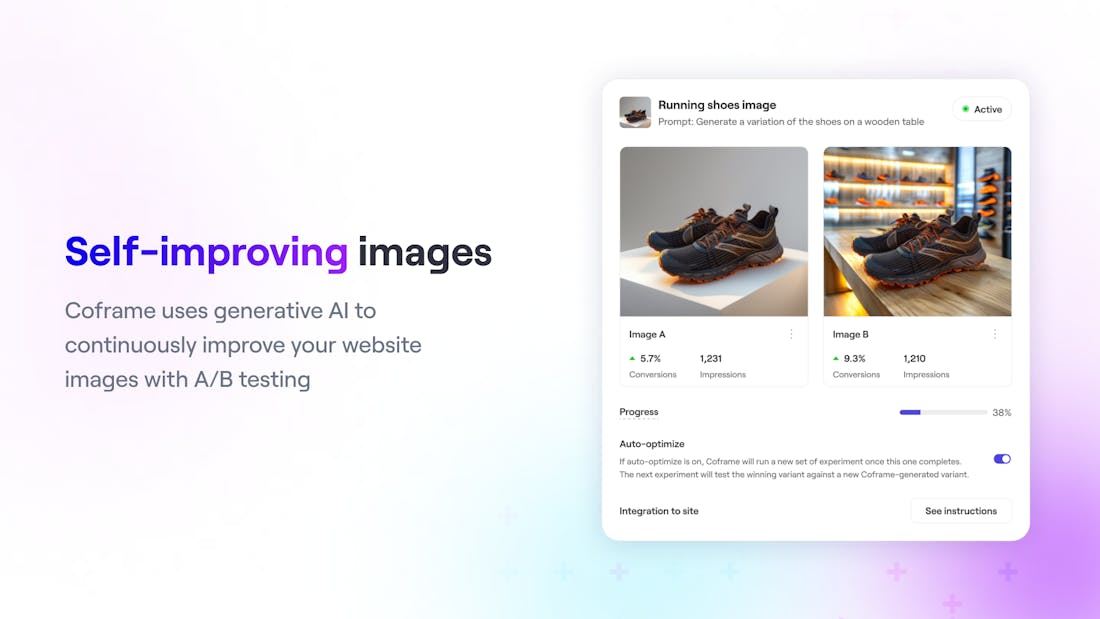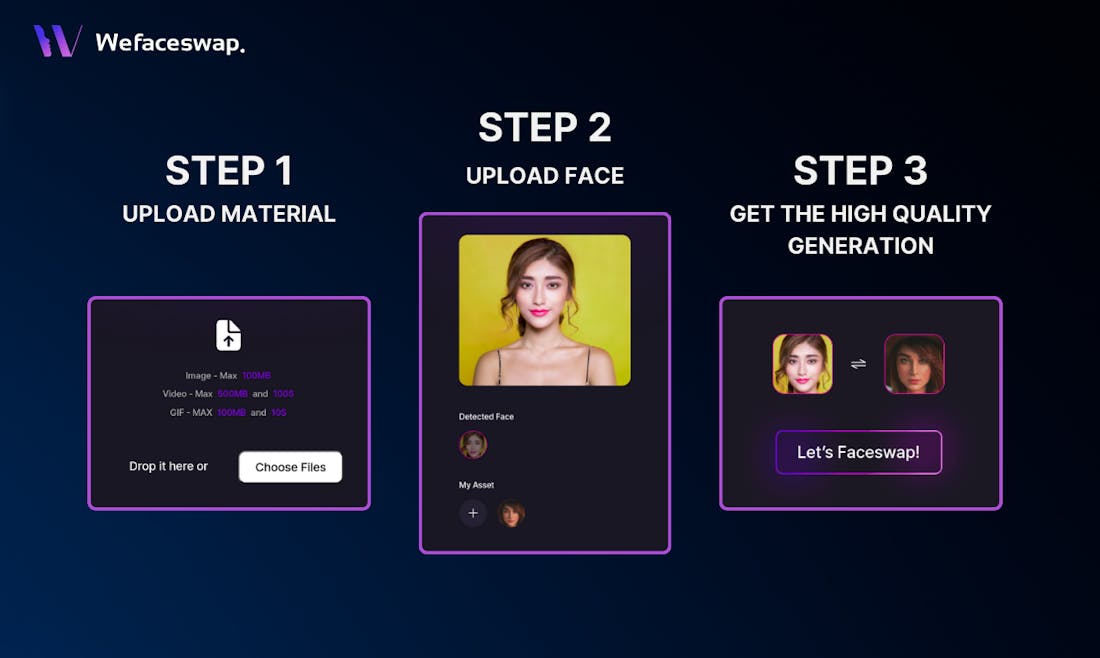- Superpower Daily
- Posts
- A voice cloning tool that is too risky for general release
A voice cloning tool that is too risky for general release
OpenAI and Microsoft Plan $100 Billion AI ‘Stargate’
In today’s email:
👨🏼🎨 An OpenAI article has just been updated showing a DALL·E editor interface.
👀 Inside the $1 billion love affair between Stability AI’s ‘complicated’ founder and tech investors Coatue and Lightspeed
💰 More details on OpenAI revenue share for GPT Store
🧰 10 new AI-powered tools and resources. Make sure to check the online version for the full list of tools.



OpenAI has developed a voice cloning technology called Voice Engine, capable of generating a convincing clone of anyone's voice from just 15 seconds of audio. However, the company has decided not to release the tool broadly due to concerns over the potential for misinformation, especially in a year filled with global elections. Instead, OpenAI aims to foster discussions on the responsible use of synthetic voices and has shared examples of the technology's application in various sectors, such as education and healthcare, while emphasizing the importance of informed consent and the use of watermarks to trace generated audio.
Voice Engine has been utilized in different domains, including by the Age of Learning for voiceovers and the Norman Prince Neurosciences Institute to help restore a patient's lost voice. Despite its potential benefits, OpenAI is cautious about the widespread deployment of this technology, advocating for public education on AI's capabilities and the exploration of policies to protect individuals' voices. The company suggests transitioning away from voice-based authentication for security due to the increasing realism of voice clones.
While OpenAI holds back on a general release, competitors like ElevenLabs offer similar technologies that require more audio input but still produce voice clones. These companies are implementing safeguards like "no-go voices" to prevent misuse, such as impersonating political figures during elections. Despite these measures, the rapid advancement of voice cloning technologies underscores the need for a careful approach to their development and deployment.

OpenAI and Microsoft are making headlines with plans for a massive $100 billion data center project called "Stargate," set to launch in 2028. This ambitious endeavor aims to create the largest AI supercomputer, with Microsoft potentially bankrolling the project. The success of Stargate hinges on OpenAI's next major upgrade, expected early next year, marking a significant step in the partnership between the two tech giants.
The project's scale is unprecedented, dwarfing existing data centers and signifying a major leap in AI infrastructure. This move is part of a broader "battle for generative AI," where tech giants like Google, Meta, and Anthropic are also key players. These companies are leveraging their vast computing resources and technological expertise to lead in AI innovation.
John Licato from the University of South Florida highlighted Google's competitive edge, citing its advanced Gemini models and deep experience with AI technologies. Access to extensive computing power, including GPUs and TPUs, is crucial for these companies as they develop and deploy sophisticated AI systems, shaping the future of artificial intelligence.

Demis Hassabis, the co-founder of DeepMind, has expressed concerns over the massive influx of funding into the AI sector, warning that it could lead to excessive hype and even grifting, potentially overshadowing the genuine scientific advancements in the field. He acknowledges the transformative potential of AI but stresses the importance of differentiating between realistic progress and exaggerated claims. Hassabis highlights the achievements of DeepMind's AlphaFold in advancing scientific research and emphasizes the need for a methodical scientific approach in pursuing AI development, particularly as we edge closer to achieving artificial general intelligence (AGI).
The excitement surrounding AI, particularly after the release of OpenAI's ChatGPT, has triggered a rush of investments into AI start-ups, with billions being funneled into the sector. This surge in funding has propelled technology companies to new heights, influencing global stock market trends. However, this has also attracted regulatory scrutiny to ensure that the claims made by companies align with their actual AI capabilities, to prevent misinformation and "AI washing."
DeepMind's commitment to leveraging AI for scientific exploration and its potential to revolutionize various domains, from biology to material science, underscores Hassabis's vision for AI as a pivotal tool in scientific discovery. The conversation around AI's future, particularly in achieving AGI, continues to be a mix of anticipation and caution, with Hassabis advocating for a balanced and scientifically rigorous approach to its development, ensuring its benefits are maximized while mitigating potential risks.
Related: Google DeepMind CEO Demis Hassabis gets UK knighthood for ‘services to artificial intelligence’

DALL·E now offers an editor interface, allowing users to modify images they've created by selecting specific areas for editing and describing the desired changes. This interface is accessible by clicking on a generated image, providing tools to highlight, add, remove, or update elements within the image. For example, users can add cherry blossoms to a corner or alter a kitten's expression to happy, enhancing their ability to refine their creations.
The editor interface includes features like adjustable selection tool size, undo/redo options, and the ability to clear selections, making it user-friendly for precise edits. By selecting a large area around the intended edit, users can achieve better results. This level of control and flexibility enables users to refine their images to match their vision more closely.
Additionally, DALL·E offers a conversational editing option, allowing users to describe their desired edits in a chat without using the selection tool. This feature is also available on the ChatGPT mobile app, where users can select and edit parts of an image using a selection tool, with undo and redo capabilities, before describing the desired changes in a conversation panel. This enhances the user experience by providing multiple ways to interact with and modify their generated images.
Other stuff
Can GPT Optimize My Taxes?
Inside the $1 billion love affair between Stability AI’s ‘complicated’ founder and tech investors Coatue and Lightspeed
A.I.-Generated Garbage Is Polluting Our Culture
Can GPT-4 Vission Play Chess?
More details on OpenAI revenue share for GPT Store
Superpower ChatGPT now supports voice 🎉
Text-to-Speech and Speech-to-Text. Easily have a conversation with ChatGPT on your computer


Magic Hour - Create Engaging Videos Like a Pro

Toma AI - Supercharge Your Car Dealership with AI

Glida AI - Boost your web engagement with an AI sales assistant

Upscayl - Free and Open Source AI Image Upscaler

Living Images - Optimize your images with generative A/B testing

SciPhi - One-click RAG deployment for developers
Ai Regex - AI-driven regular expression generator

Wefaceswap - Creativity contents with AI faceswap

Walla - Form builder meets AI - analyze text responses with ease

YOMO - Make the most out of your meetings


Sync Your ChatGPT Settings and Folders Across Devices with the New Cross-Device Sync Feature!

How did you like today’s newsletter? |
Help share Superpower
⚡️ Be the Highlight of Someone's Day - Think a friend would enjoy this? Go ahead and forward it. They'll thank you for it!
Hope you enjoyed today's newsletter
Did you know you can add Superpower Daily to your RSS feed https://rss.beehiiv.com/feeds/GcFiF2T4I5.xml
⚡️ Join over 200,000 people using the Superpower ChatGPT extension on Chrome and Firefox.



